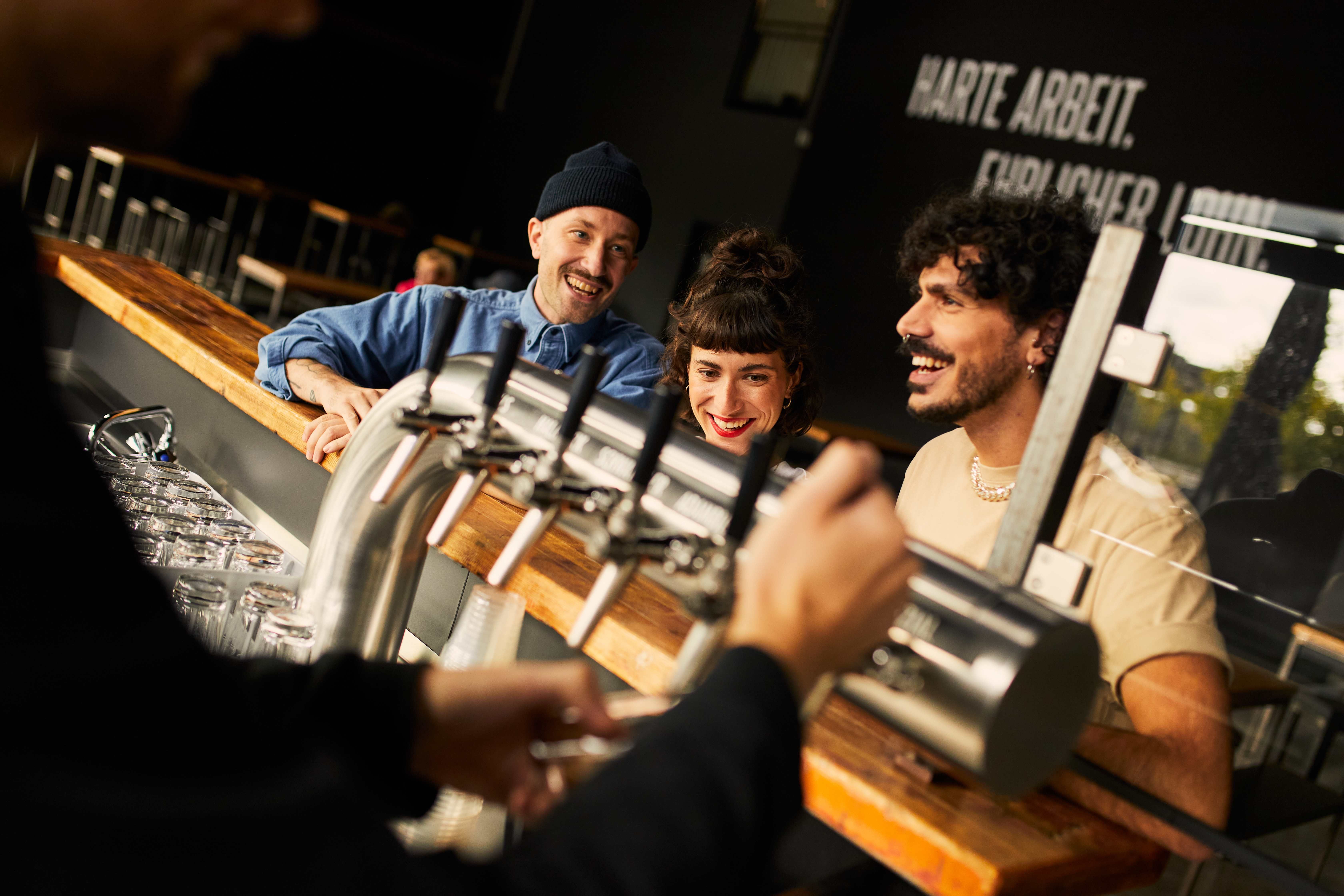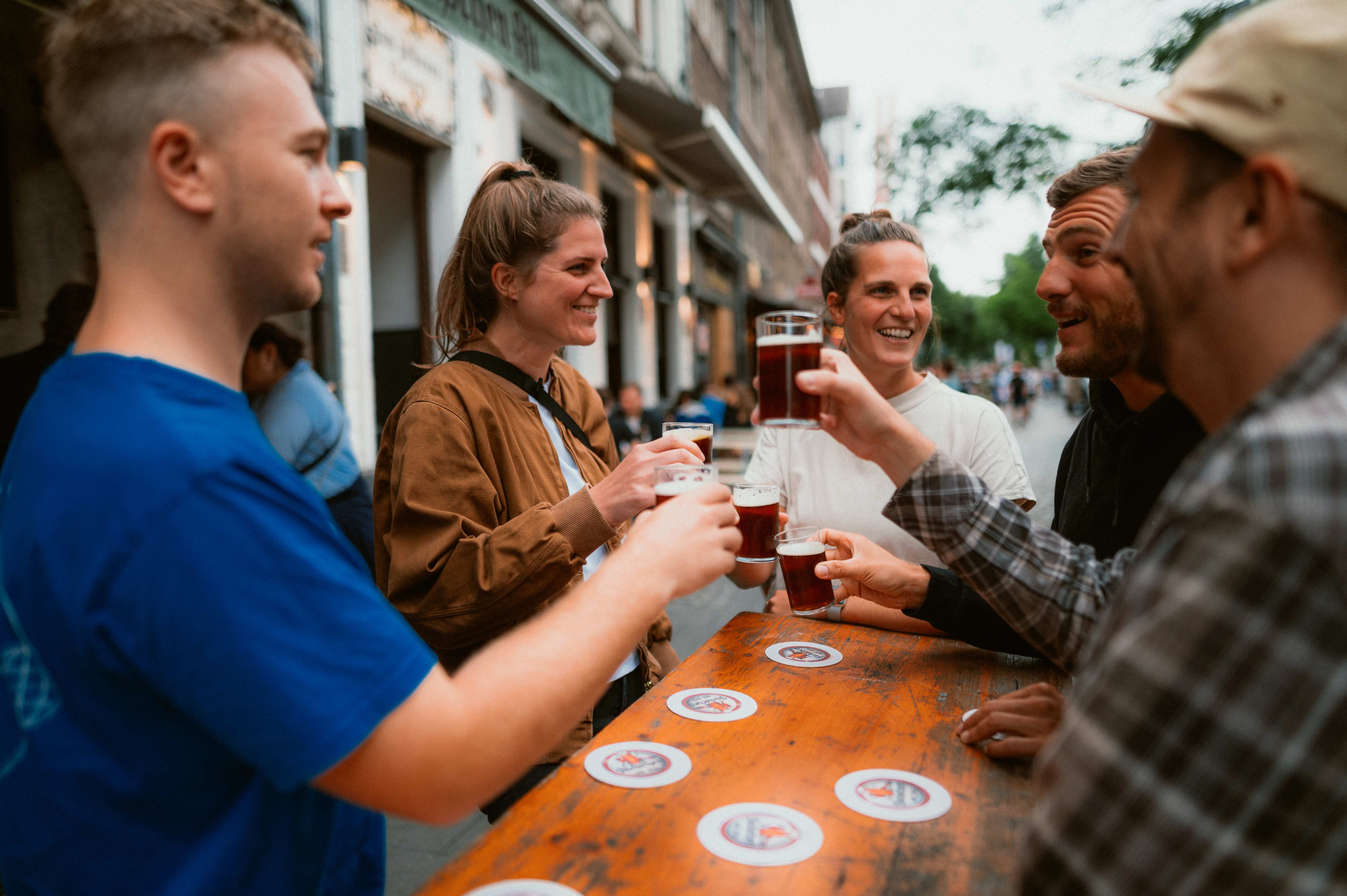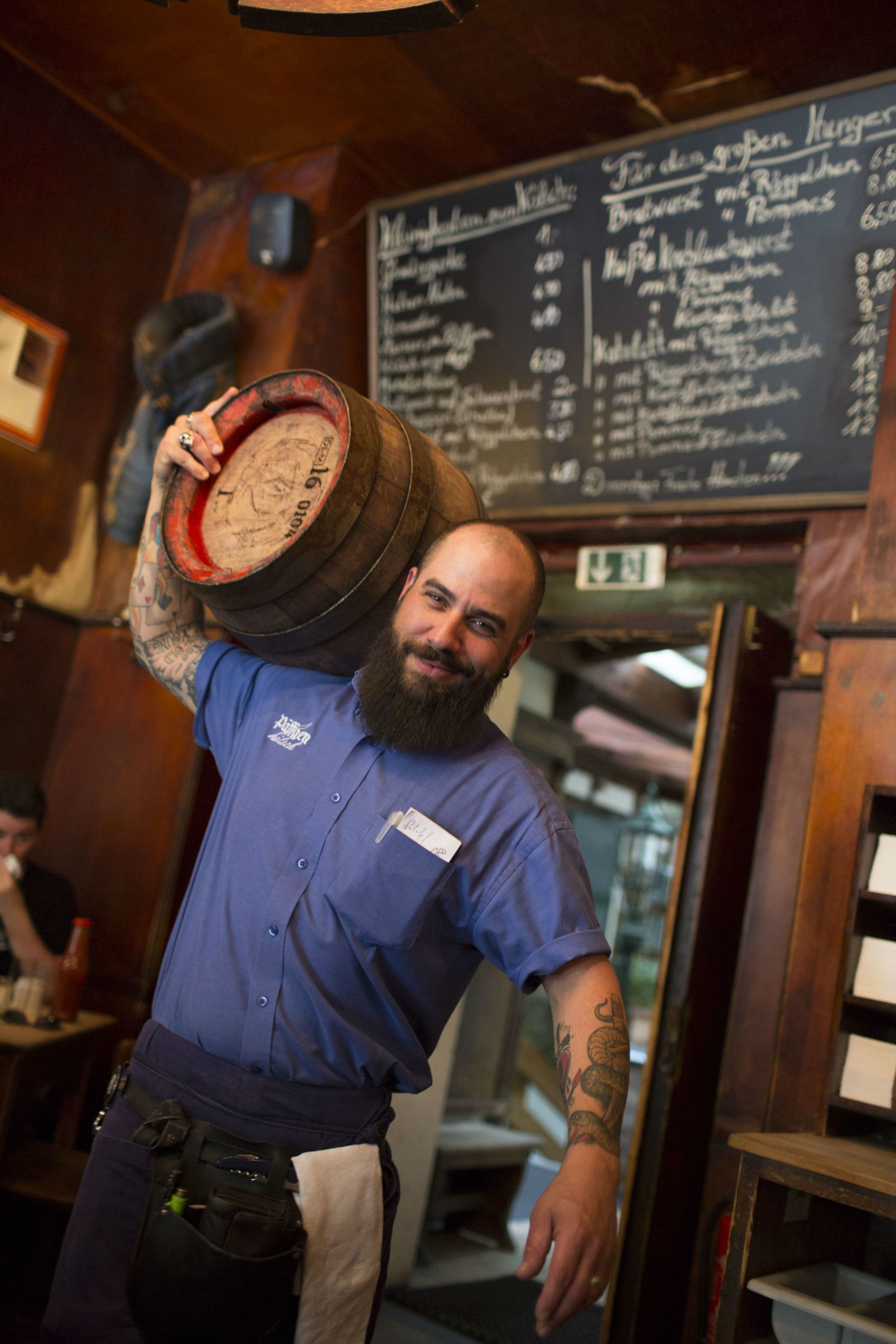Old or young, regulars or newcomers, brash or reserved: a wide variety of people come together around the taps in North Rhine-Westphalia. The beers they drink there are also extremely diverse. Whichever flavour is your favourite, it tastes best in company.
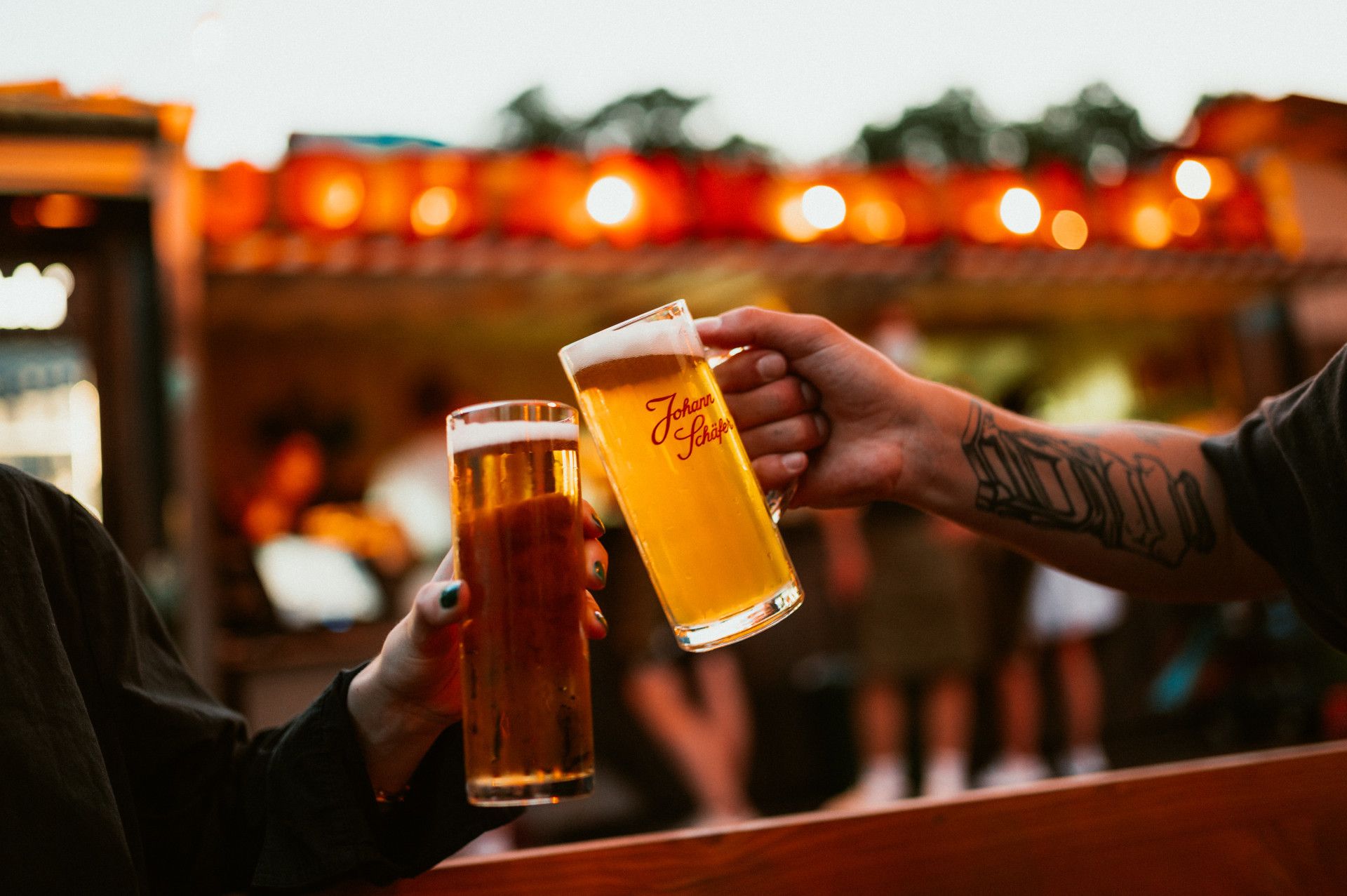
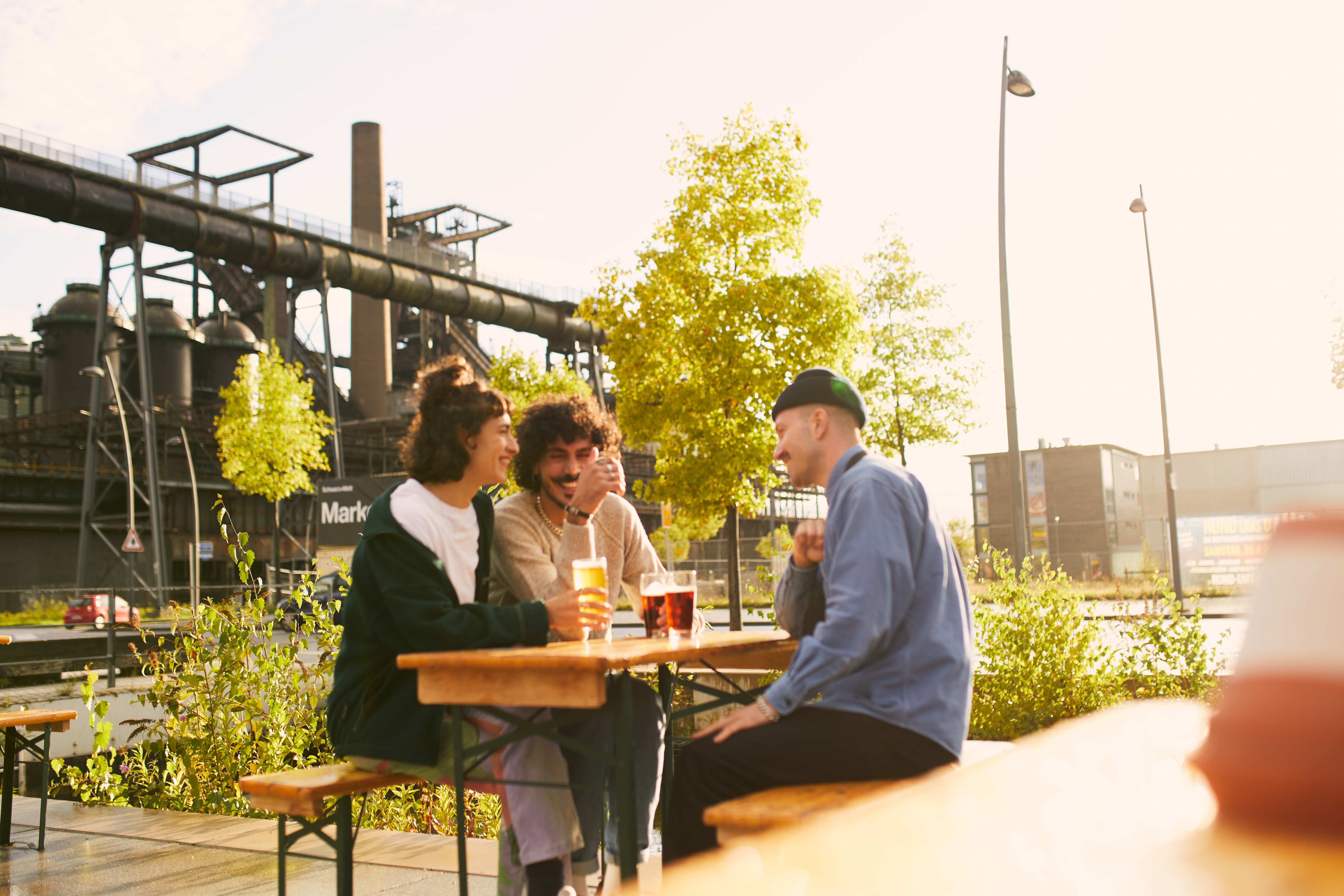
Sociable enjoyment
